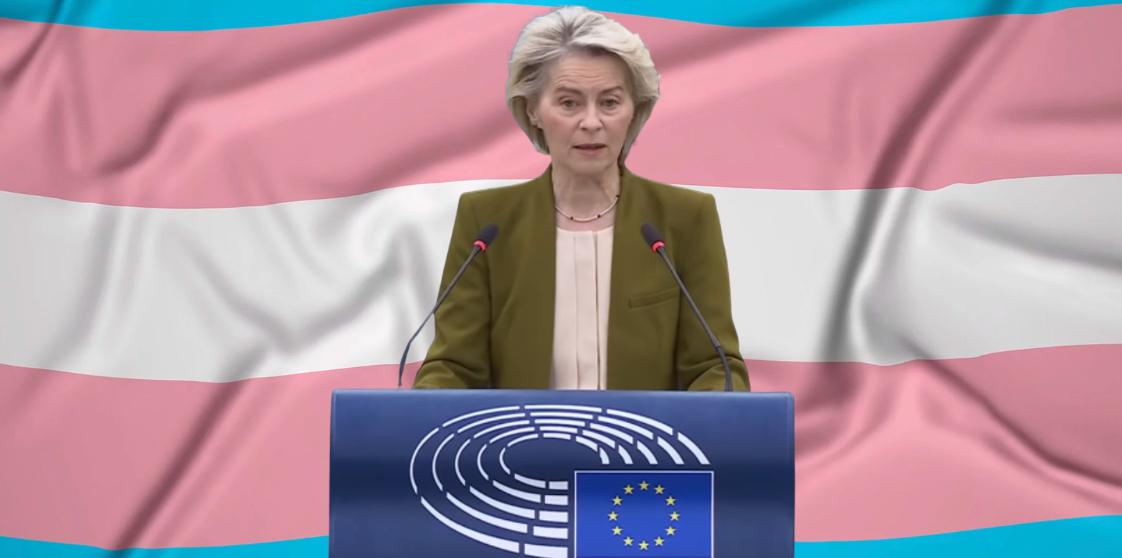The European Union launched a campaign to attract scientists and researchers on Monday with offers of grants and new policy plans following the Trump administration’s freezing of US government funds linked to DEI initiatives.
“A few years ago, no one would have imagined that one of the biggest democracies in the world would cancel research programs under the pretext that the word diversity was in this program," French President Emmanuel Macron said to attendees at the the “Choose Europe for Science” in Paris, reports the Associated Press.
“No one would have thought that one of the biggest democracies in the world would delete with a stroke the ability of one researcher or another to obtain visas,” Macron said. “But here we are."
European Union Commission President Ursula von der Leyen told the crowd that the EU’s executive branch would organize a “super grant” program to offer “a longer-term perspective to the very best” in the field $566 million will be put towards the campaign through 2027 to “make Europe a magnet for researchers.”
The EU also intends to formalize protections for academic work. “We intend to enshrine freedom of scientific research into law,” von der Leyen said. “As the threats rise across the world, Europe will not compromise on its principles.”
Macron added that France will unveil additional proposals in the near future to increase national investment in science and research.
While no mention of Trump was made, von Der Leyen said it was a “gigantic miscalculation” to curb DEI efforts.
“We can all agree that science has no passport, no gender, no ethnicity, no political party,” she said. “We believe that diversity is an asset of humanity and the lifeblood of science. It is one of the most valuable global assets and it must be protected.”
The announcements come in response to recent US policy changes. Last month, more than 380 National Science Foundation grants were canceled following an order from President Donald Trump to eliminate federal support for research tied to DEI and misinformation. The terminated projects included studies on internet censorship in China and Iran, and collaborations with Indigenous communities to study climate changes in Alaska.
EU launches major science recruitment push as US cuts DEI research funding
"A few years ago, no one would have imagined that one of the biggest democracies in the world would cancel research programs under the pretext that the word diversity was in this program."
Popular
View All-
MP Rupert Lowe launches ‘Restore Britain’ party for 'full-scale restoration' of UK
-
French nationalist brutally beaten by Antifa thugs dies after protecting women’s rights activists
-
Revealed: Russian opposition leader Alexei Navalny was murdered in prison with dart frog poison in 2024
-
EU Parliament adopts resolution declaring 'trans women as women'
-
23-year-old French nationalist brutally beaten by Antifa thugs while protecting women's rights activists from harm, expected to die
-
SOAD TABRIZI: Trump's FTC demands answers from WPATH, American Academy of Pediatrics, on support and advocacy for trans treatment





